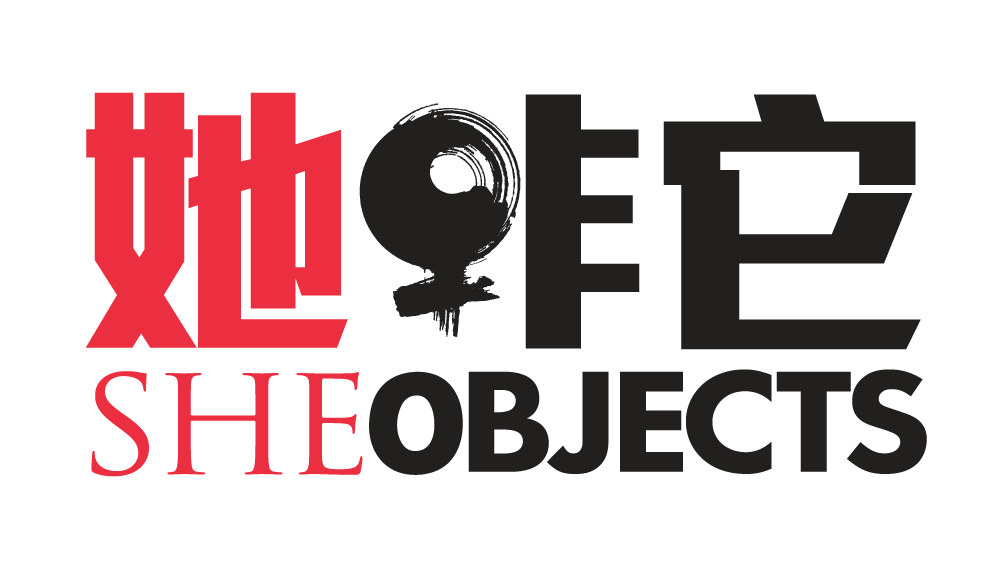FAQ
1. What is the film about?
“She Objects” is an hour-long documentary about the media portrayal of women and the correlation with girls’ body image and self-esteem, violence against women and the erosion of female ambition.
2. What language is the film in?
The documentary is in Cantonese with English subtitles.
3. Who should watch this film?
From the previews and our pre-launch focus groups, we know She Objects speaks to a broad cross-section of society. It has been heartening to see how strongly the film resonates with international as well as local audiences and to observe its appeal across generations with students as well as with adults. We hope the film will be watched and discussed by students, parents, educators, businesses, NGOs and Government agencies since only by working together can we change the status quo.
4. What viewing age is appropriate?
Because She Objects discusses some adult themes like pornography, compensated dating and self-harm, we recommend viewers be 12 and above.
5. Why are there two versions of the documentary?
We have released a short version of under 10 minutes which is available on the She Objects homepage for free. The full length one-hour version will be accessible in 2017 to registered authorised viewers who, in some cases, will be asked to pay a licence fee. The short version contains the key messages of the documentary and is of a duration that we think individuals watching on their own are likely to prefer. We recommend the longer version for community screenings in schools, NGOs, companies and other group settings.
6. What discussion guides or other resources are available to go with the film?
We have a general discussion guide to go with the film that can be accessed here. We are also in the process of developing resources for educators, parents, students, women’s networks and businesses to facilitate their engagement in changing the status quo.
7. How do I access the full length film?
If you are interested in accessing the full length version, whether for personal viewing or a community screening, please fill out and submit this contact form and we will be in touch soon to let you know how you can access the film.
8. Why are you charging a licence fee for certain community screenings?
We hope that as many people as possible will watch the film so we are trying to keep any licence fees and access charges to a minimum. However, as a non-subvented NGO, TWF is almost entirely reliant on donations from corporates, other foundations and individuals to do the work that we do. We have invested a lot of money in making the film, launching the campaign and developing education materials for media literacy workshops that we have already started to roll out across local schools and universities. We plan to charge corporates, international schools, clubs and associations to help (re)cover some of our costs. We hope everyone will understand!
9. How much is the licence fee and how do I pay?
The suggested licence fee for corporates, clubs, professional associations and women’s networks is HK$15,000. The suggested fee for international schools and universities is HK$1,500 while the suggested fee for local schools, grassroots NGOs and government agencies is HK$0-1,500. Please contact us to discuss. Payment can be made via PayPal or bank transfer. We would also be happy to help you organise your screening as a fundraiser for She Objects thereby potentially enabling you to (re)cover your licence fee and hopefully raise more funds for the campaign and our media literacy education programmes.
10. Can TWF help organise a discussion following a community screening?
Absolutely! TWF will provide promotional material, educational guides and speakers/moderators (whenever possible) to help make your screening as impactful as possible. If you would like TWF’s support for a post-screening discussion, please contact us.
11. How do I organise a media literacy workshop in my school?
TWF, in partnership with a team led by Professor Stephen Chiu at the Institute of Asia-Pacific Studies of the Chinese University of Hong Kong, has developed workshop materials and discussion guides drawing on the film to promote media literacy and critical thinking among secondary students in Hong Kong. This has been piloted at several schools with positive feedback. If you would like more information on organising a Media Literacy Workshop or accessing our materials, please contact info@twfhk.org.
12. I still have questions. Who should I go to?
No problem! Simply drop us a message at sheobjects@twfhk.org and we will be in touch with you soon
